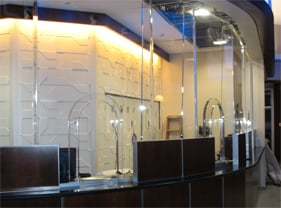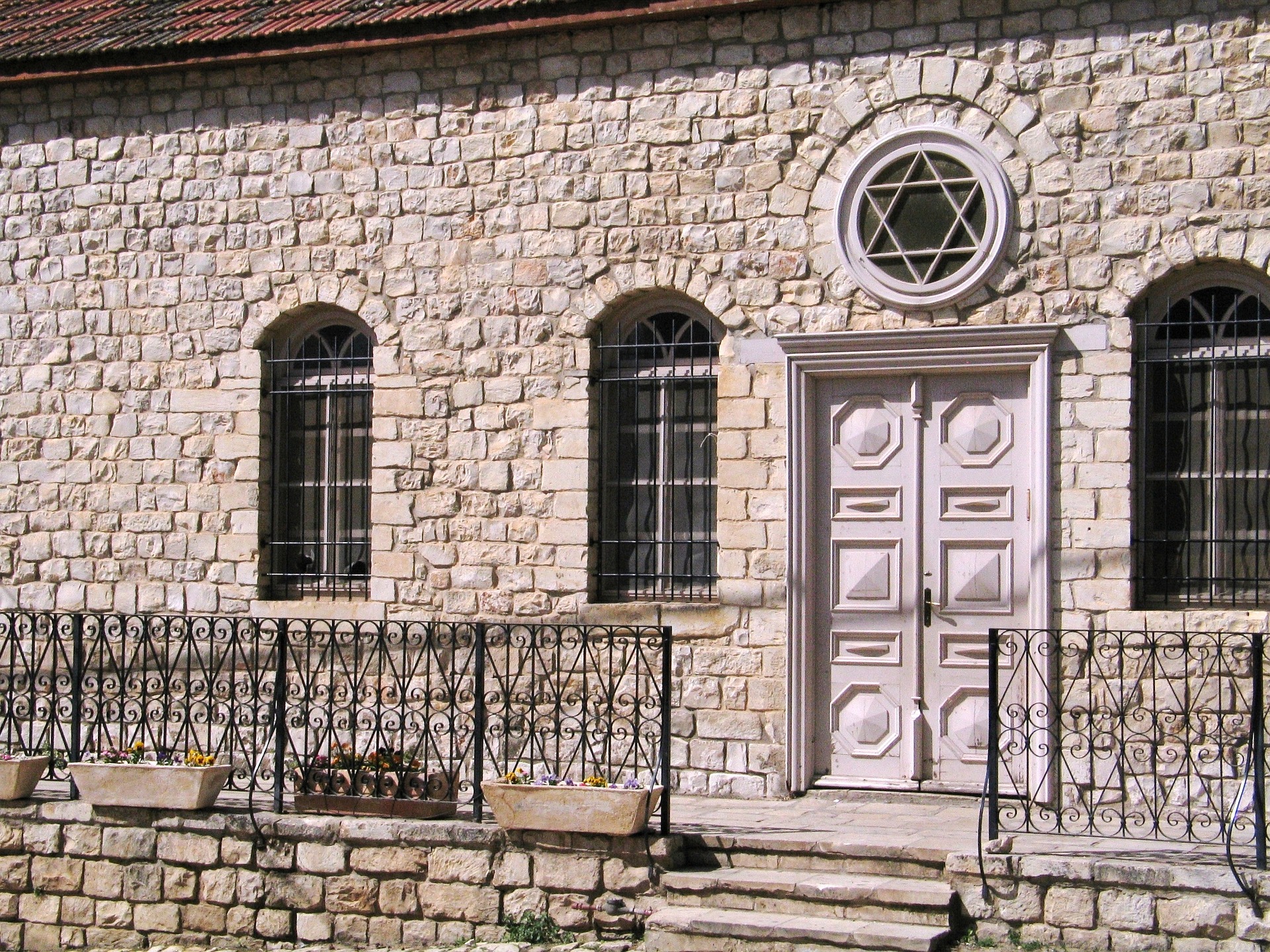On October 27, 2018 a hate-motivated attack on the Tree of Life synagogue in Pittsburgh, PA left 11 people dead. Just days later, on October 31, more than 1300 representatives of Jewish congregations and agencies nationwide convened a conference call. They represented roughly a third of the nation’s Jewish congregations.
This conference call had only one topic: Sustainable security improvements.
This security discussion was led by experts from the Secure Community Network (SCN), a “non-profit organization founded in 2004 as a central address serving the American Jewish community concerning matters of communal safety, security, and all-hazards preparedness and response.”
There were two key takeaways from the discussion:
- Access control is an excellent (and cost-effective) sustainable security improvement for vulnerable populations’ community centers and houses of worship.
- Being more secure doesn’t demand being less open or welcoming.
Effective (and Cost Effective) Security for the Jewish Community
As Secure Community Network (SCN) Deputy Director Patrick Daly noted during the call, “We live an extremely dynamic, diffuse, and persistent threat environment. […] This community, more than many, understands that.” He further noted, as many experts have also said, that “No other community has invested so heavily in security.”
But not all security measures are equally effective—either in terms of cost, or security level. As Michael Masters, National Director and CEO of SCN, pointed out “There’s a difference between being safe and feeling safe. […] Everybody loves cameras. Everybody gets Homeland Security grants and buys cameras. They help you feel safe, but don’t increase safety.”
Access control is another story. Daly was quite emphatic that “access control is arguably the most important physical security measure we can have in place.”
A good access control solution doesn’t just control who enters the building. It also creates a bottleneck, so that there is a reasonable possibility of a single person (be it a trained and armed security guard or a volunteer greeter) being able to monitor who is coming or going. This doesn’t just help reduce casualties in an event like the Pittsburgh shooting. It also means being able to quickly tell if the building is clear during a fire alarm, and having someone on hand who can quickly guide EMTs in a medical emergency.
Focusing on access control also makes it possible to sidestep extremely contentious debates within an organization. For example, many American congregations are deeply divided about posting armed security or law enforcement outside their doors. “Just the access control,” SCN Director and CEO Michael Masters explained, “getting into and out of the building, may very well mitigate the need for armed security.”
Increased Bullet Resistant Security for Jewish Agencies and Organizations
Over the last five years, Total Security Solutions has consulted with dozens of Jewish organizations. In that time, they’ve completed fifteen bullet resistant barrier jobs, retrofitting physical security systems into the facilities of Jewish congregations, agencies, and schools nationwide.
Even as threats to Jewish organizations have evolved—or even intensified—TSS has consistently found access control to be a key element. “The questions haven’t changed,” according to Bob Hoshaw—who handles most of TSS’s recent work with Jewish communities—”but the scope has.”

a “transaction line”-style reception area barrier
At one time a Jewish school might have settled for a simple off-the-shelf transaction window and bullet resistant door –not necessarily the most attractive solution, but certainly effective.
Today, some Jewish organizations are opting for more complete hardening of their buildings. Some recent clients have opted to install full Level 3 “storefront-style” systems in their reception areas and replace all exterior windows with Level 5 glass-clad polycarbonate (able to stop shots from a high-powered hunting rifle or AK-47 assault rifle).
Custom Access Control and Bullet Resistant Barrier Systems for Synagogues
But TSS is well aware that not every Jewish organization has the threat profile—or budget—for such a transformation. Every building and community has unique security needs. This is why TSS has focused on entirely custom barrier systems: these allow for the most functional solution and most unobtrusive design within a group’s budget.
As Bob Hoshaw explains, “A custom secure vestibule system,” like those favored by many schools, “is the best way to do it for most [Jewish organizations].” Secure vestibules maximize security for all threats—not just armed assailants—while minimizing disruption, without straining budgets.
“Regardless of the scope,” Bob adds, “with our entrances, you really wouldn’t know it’s bullet resistant. Really, looking from the street, you wouldn’t know the difference.”
You can increase security without running the risk that people feel like they’re going to prison when they come to pray.




